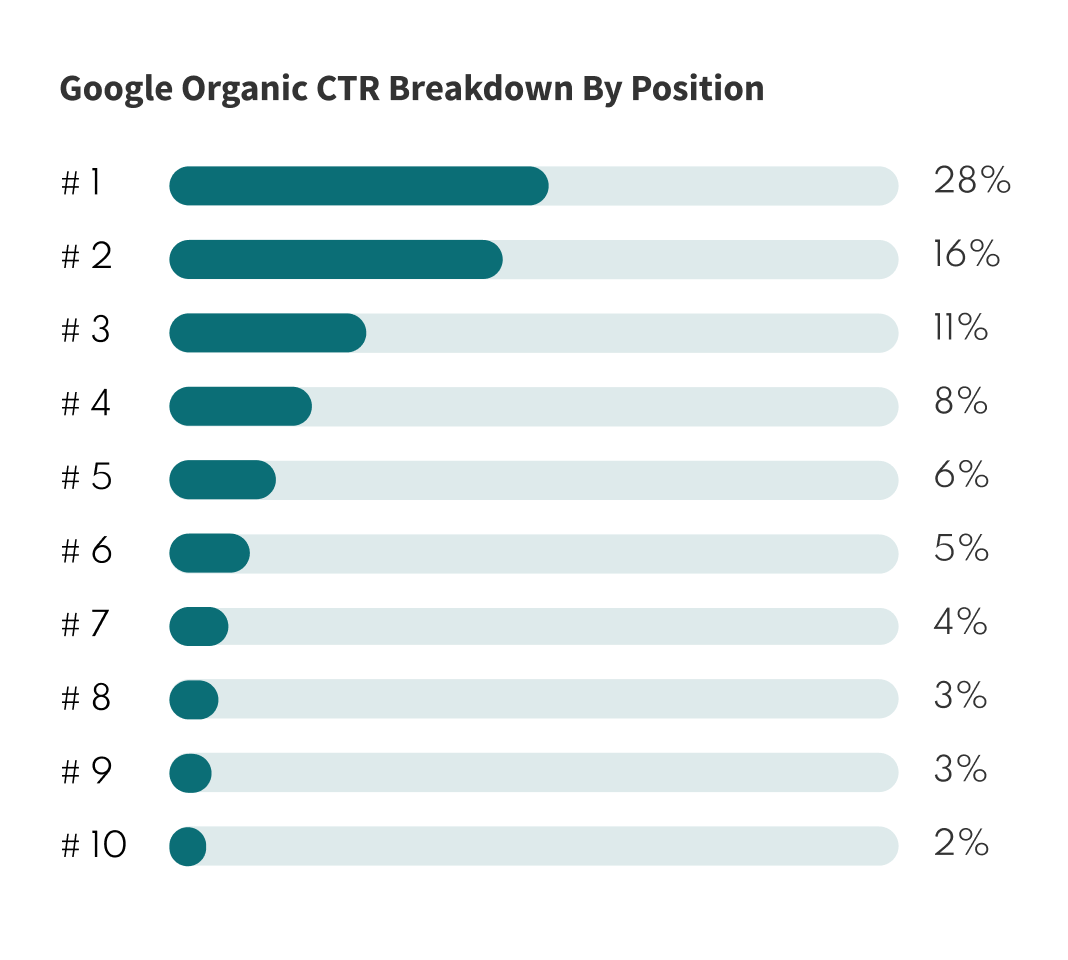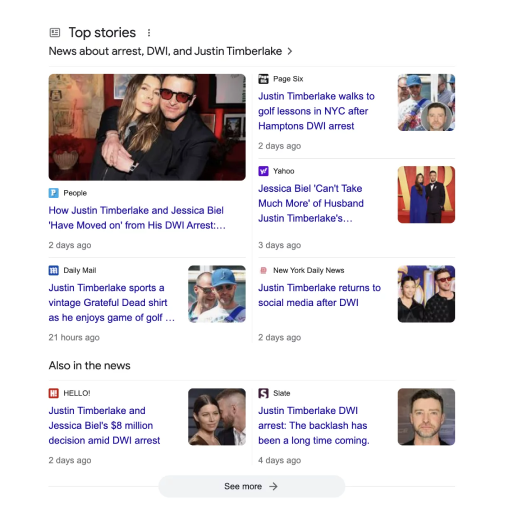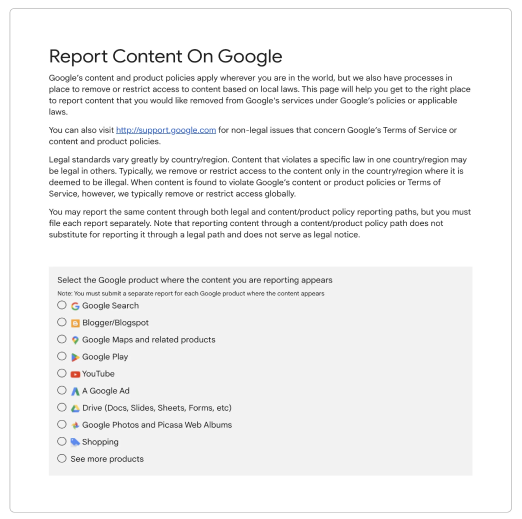Can CEO reputation management affect employee retention?
Yes, employees want to work for respected leaders. If a CEO is perceived negatively, it can lower morale, fuel internal gossip, and increase turnover. A CEO Reputation Management Consultant ensures internal communications align with external messaging, creating consistency and trust. They also help the CEO become a visible and admired figure within the organization. A strong CEO reputation reinforces company culture and boosts employee loyalty.
Does Google search matter for CEO reputation?
Google is often the first place someone goes to learn about a CEO. If the search results are dominated by negative articles or outdated bios, it can shape perception before any direct contact occurs. A CEO Reputation Management Consultant ensures that the first page of search results reflects credibility, leadership, and authority. This includes creating high-ranking content, optimizing profiles, and pushing down harmful mentions. Search visibility is a key pillar of digital reputation.
What’s involved in building a CEO’s personal brand?
Building a personal brand includes developing a compelling narrative, defining key themes, and identifying target audiences. A CEO Reputation Management Consultant will then translate that into online bios, media placements, social content, and speaking engagements. It also includes visual identity, tone of voice, and thought leadership strategy. Consistency across channels is crucial for authenticity. The result is a recognizable, respected presence that enhances both personal and company credibility.
How long does it take to improve a CEO’s online reputation?
The timeline depends on the severity of the issues and the depth of existing digital assets. For minor image refreshes, results may be visible in a few weeks. More serious cases involving negative press, legal disputes, or widespread criticism can take several months. A CEO Reputation Management Consultant provides a realistic timeline and phased approach. Long-term maintenance is also important for staying ahead of new threats.
Can a CEO recover from a major reputation scandal?
Yes, with the right strategy and guidance, many CEOs have successfully rebuilt their reputation after a scandal. A CEO Reputation Management Consultant helps navigate apologies, legal risks, brand repositioning, and public reentry. The process involves transparency, media rehabilitation, and consistent rebranding. While full recovery can take time, it is achievable with credibility, humility, and a clear narrative shift. Public memory can be surprisingly forgiving with the right moves.
What metrics are used to measure CEO reputation?
Reputation is measured through media sentiment, search visibility, social media engagement, brand surveys, and shareholder feedback. A CEO Reputation Management Consultant tracks these metrics to adjust strategies and demonstrate ROI. Online sentiment analysis tools help quantify public perception. Media coverage quality and frequency are also key indicators. Over time, upward trends in these metrics confirm a successful reputation strategy.
Can a consultant help position a CEO for awards or rankings?
Yes, part of reputation building involves nominating CEOs for relevant awards, lists, and speaking opportunities. Recognition boosts credibility and media interest. A CEO Reputation Management Consultant identifies suitable honors and crafts compelling submissions. Being listed among top CEOs or thought leaders can significantly enhance public image. These accolades also serve as valuable content for press kits and bios.
What if a CEO wants to stay out of the spotlight?
Not all reputation strategies involve high visibility. A CEO Reputation Management Consultant can help maintain a low-profile approach while still ensuring digital protection. This might involve controlled content releases, behind-the-scenes influence, or selective media engagement. The goal is to keep the online narrative clean and positive without unnecessary exposure. Even private leaders need a curated digital presence in today’s search-driven world.
Does reputation management overlap with legal counsel?
In many cases, yes. A CEO Reputation Management Consultant often collaborates with legal teams during defamation cases, regulatory issues, or crisis management. While lawyers handle legal risks, the consultant manages public perception. This coordinated approach ensures that both legal and reputational damage are minimized. Consultants also help translate legal outcomes into understandable public messaging.
How does a consultant help CEOs with past legal or financial issues?
The consultant crafts a narrative that acknowledges the past while focusing on growth, redemption, and leadership evolution. This involves strategic content creation, media relations, and online reputation repair. They ensure that older issues are not the dominant theme in search or press. A CEO Reputation Management Consultant balances transparency with forward-looking messaging. The result is a repositioned image that feels both honest and aspirational.
Can personal behavior outside of work affect a CEO’s reputation?
Absolutely. Behavior in personal life—such as social posts, public incidents, or legal matters—can quickly spill over into professional credibility. A CEO Reputation Management Consultant helps monitor, manage, and respond to these risks. They also coach executives on media literacy and personal digital hygiene. Maintaining consistency across personal and professional behavior is essential for trust.
Is CEO reputation management expensive?
Costs vary depending on the complexity of the engagement and the services required. Basic reputation monitoring and profile optimization can be affordable. Crisis management, large-scale media campaigns, or SEO-based suppression can be more intensive. A CEO Reputation Management Consultant usually tailors pricing based on the scope of work. The investment is often justified by the protection and value it delivers long term.
What kind of background do CEO Reputation Management Consultants have?
Most consultants come from a mix of PR, digital marketing, crisis communications, SEO, and journalism. Some have legal or political advisory experience. This diverse background allows them to navigate complex media ecosystems and public sentiment effectively. Strong consultants also have experience working with high-profile or high-stakes clients. Strategic thinking, discretion, and adaptability are essential traits in this field.
Can a CEO Reputation Management Consultant work confidentially?
Yes, confidentiality is a top priority in reputation management. Consultants often work under NDAs and operate behind the scenes. Their work is designed to support the CEO’s goals without drawing attention to the process. All messaging, reporting, and engagement is handled discreetly. This is especially critical during sensitive legal or corporate matters.
What’s the first step a consultant takes when managing a CEO’s reputation?
The process starts with an audit of the CEO’s current online presence, media coverage, search results, and social profiles. A CEO Reputation Management Consultant then identifies risks, opportunities, and priority areas for improvement. They work closely with the CEO to align on goals, messaging, and tone. A strategic plan is then developed and executed in phases. Early wins often involve quick cleanups and content optimization.
How does a consultant help CEOs leverage thought leadership?
They help identify themes, topics, and platforms where the CEO can add value and stand out as a voice of authority. This includes ghostwriting op-eds, securing speaking opportunities, and booking interviews. A CEO Reputation Management Consultant also ensures that this content ranks well and aligns with broader brand goals. Thought leadership helps humanize the CEO while showcasing expertise. It’s a powerful way to shape public opinion proactively.
Can a consultant manage both online and offline reputation?
Yes, CEO Reputation Management Consultants manage reputation holistically—across digital channels and in-person visibility. This includes media training, crisis response planning, public speaking guidance, and brand alignment. They also collaborate with internal comms and PR teams to ensure consistency. The goal is to ensure the CEO is respected, trusted, and understood no matter the medium. Managing perception in both spaces creates lasting influence.














